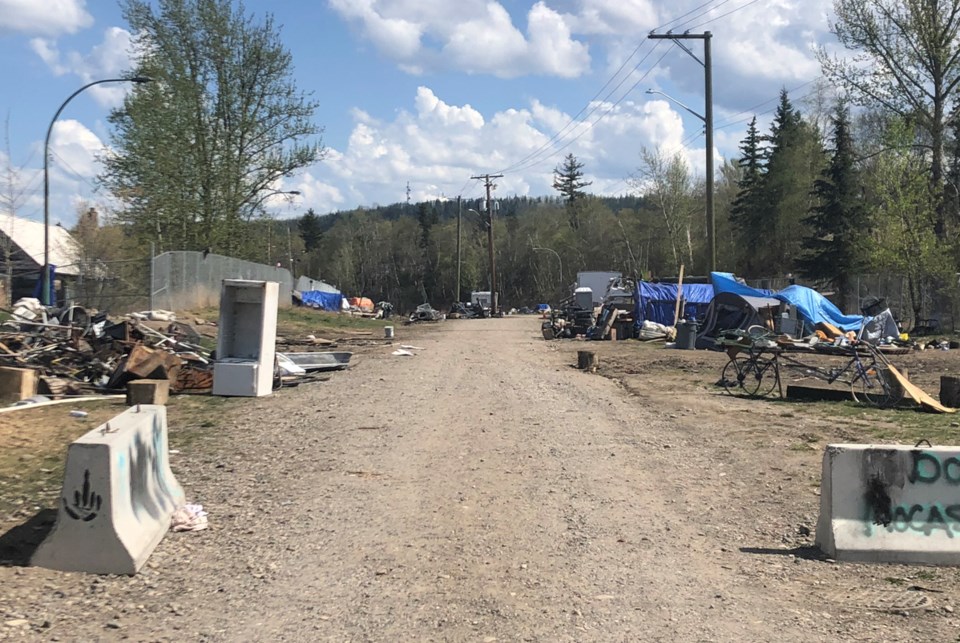The First Nations Leadership Council (FNLC) is supporting growing calls from advocates to pause the provincial Omnibus Bill 45 pertaining to encampments.
The legislation proposes definitions of 'reasonably available' shelter, which municipalities will be required to prove before seeking an injunction to remove an encampment.
"Local legal advocates have raised concerns that the Province's encampment response fails to take a human rights approach in the proposed legislative amendments,” said Grand Chief Stewart Philip, UBCIC President.
“While Minister Kahlon may have intentions to protect encampment residents, the legislative amendments and BC's definition of 'reasonably available' do not go far enough to protect some of our most vulnerable members of society and must not be pushed through.”
In 2021, the City of Prince George lost an injunction to dismantle the Lower Patricia Boulevard encampment. Central to the outcomes of this ruling was evaluating the availability of adequate shelter spaces to which the judge determined that existing shelter spaces were inaccessible for persons grappling with mental health and substance use disorders.
"There has been considerable progress in the views of the courts with regard to the availability of shelter that takes a human rights-based approach that we can all learn from. In Prince George v. Stewart, Justice Hinkson held the opinion that most emergency shelter beds in Prince George lacked low-barrier access, and many of the dehoused were ineligible to access these critical services,” said BC Assembly of First Nations Regional Chief Terry Teegee.
“These gaps and barriers are central to considering the definition of reasonably available shelter, particularly when it is being legislated, which will impact many of our First Nations relatives who unfortunately over-represent the dehoused population in BC."



